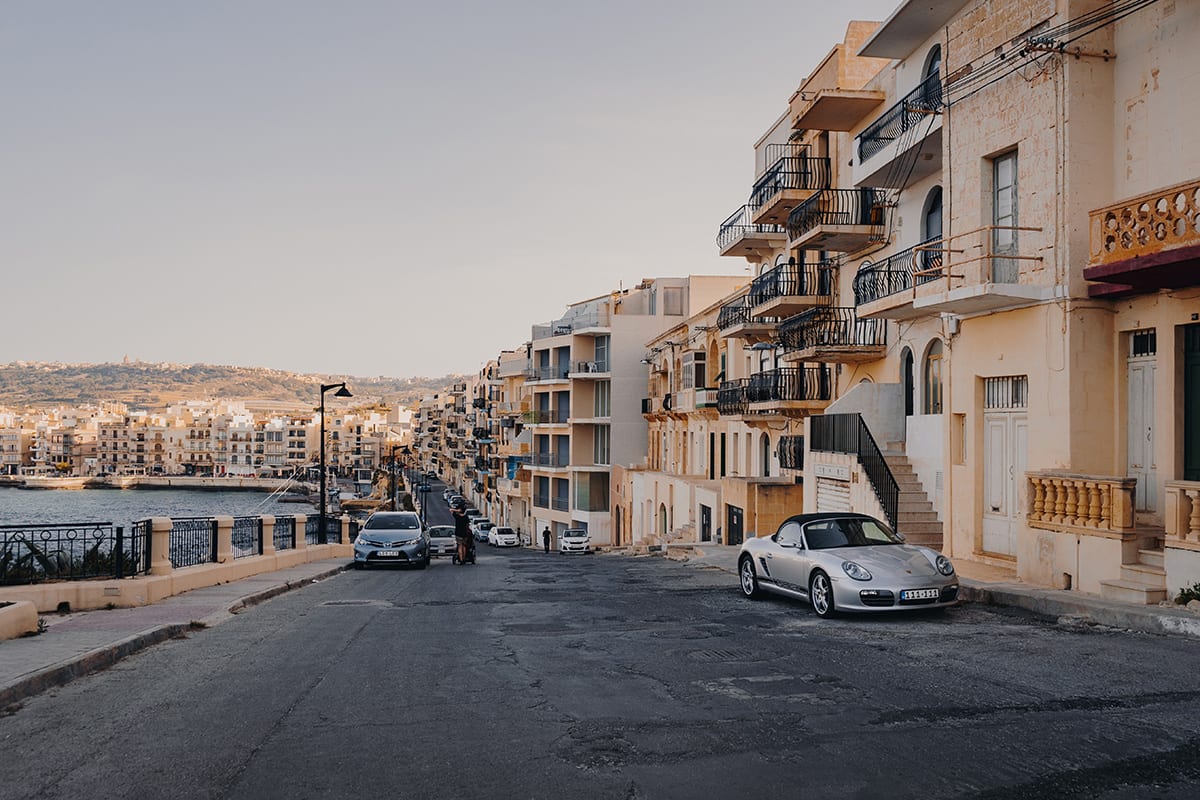FAQ
FAQ: Residence in Malta
Our Frequently Asked Questions (FAQ) provide you with information about residence in Malta.
I am an EU national and would be interested in acquiring Maltese residency. What are my options?
For more in-depth information about the above-mentioned programmes, please do not hesitate to contact Liana Falzon, ACT’s partner in charge of residency and citizenship on lfalzon@act.com.mt.
Once I become a Maltese resident, what would my tax liabilities be?
Tax liabilities vary according to the residency program you would decide to opt for. For detailed information about Malta’s tax system, kindly click on the various links above highlighting the various tax residency programs available, and refer to the FAQs on personal taxation.
Do I have to purchase a residential property? Can my residential address be a mooring dock or a P.O. Box?
No, there is no need for you to purchase a residential property straight away. You may want to go for rental at first. For ordinary residency there are no thresholds to be respected with regards to the amount of money to be invested in immovable property, therefore it will be fairly easy to find a place within your budget. Should you so wish, we would be delighted to put you in touch with local real estate agents to help you find your dream home.
I am a non-EU national and would be interested in acquiring Maltese residency. What are my options?
For more in-depth information about the above-mentioned programmes, please do not hesitate to contact Liana Falzon, ACT’s partner in charge of residency and citizenship on lfalzon@act.com.mt.
Why am I being asked for a health insurance policy?
The health insurance policy is required by the authorities as proof to the Maltese government that you will not be dependent on the Maltese government should the need arise for you to be hospitalized locally. You have to make sure that the health insurance policy in question covers you as a Maltese resident and not as a tourist. Should you wish us to contact one of the local insurance agencies to get a quote on your behalf, one which is tailor-made to your needs, we would be more than happy to do so.
How long would my residence card be valid for? Can you act on my behalf during the whole application process?
If you are an EU/EEA/Swiss national, your residence card will be valid for 5 years (renewable), whilst if you are a non-EU/EEA/Swiss national, the card will be valid for 1 year (renewable). We can certainly assist you with the filling in of the required application forms, however as an applicant, you are required to be physically present in Malta, both upon submission of the application and upon collection of the residence card when it is ready.
We are here to help
Didn’t find the answer you were looking for? Then ask us directly! Simply use the contact form and we will get back to you shortly.
Get in touch with us!
Tassazione delle società a Malta
Le società maltesi sono soggette all’applicazione di un’aliquota d’imposta del 35% sul loro reddito complessivo e sui guadagni in conto capitale. Malta concede vari incentivi fiscali alle società e ai loro azionisti sulla distribuzione dei dividendi.
Setting up a Company in Malta
Taking up Residence in Malta
Remote Gaming in Malta
Payment Institutions in Malta
Electronic Money Institutions in Malta
Malta has recently seen an increase in the number of Electronic Money Institutions (EMIs) looking to set up their operations in Malta. This has been largely due to the growth in the e-commerce and the i-gaming industries.

